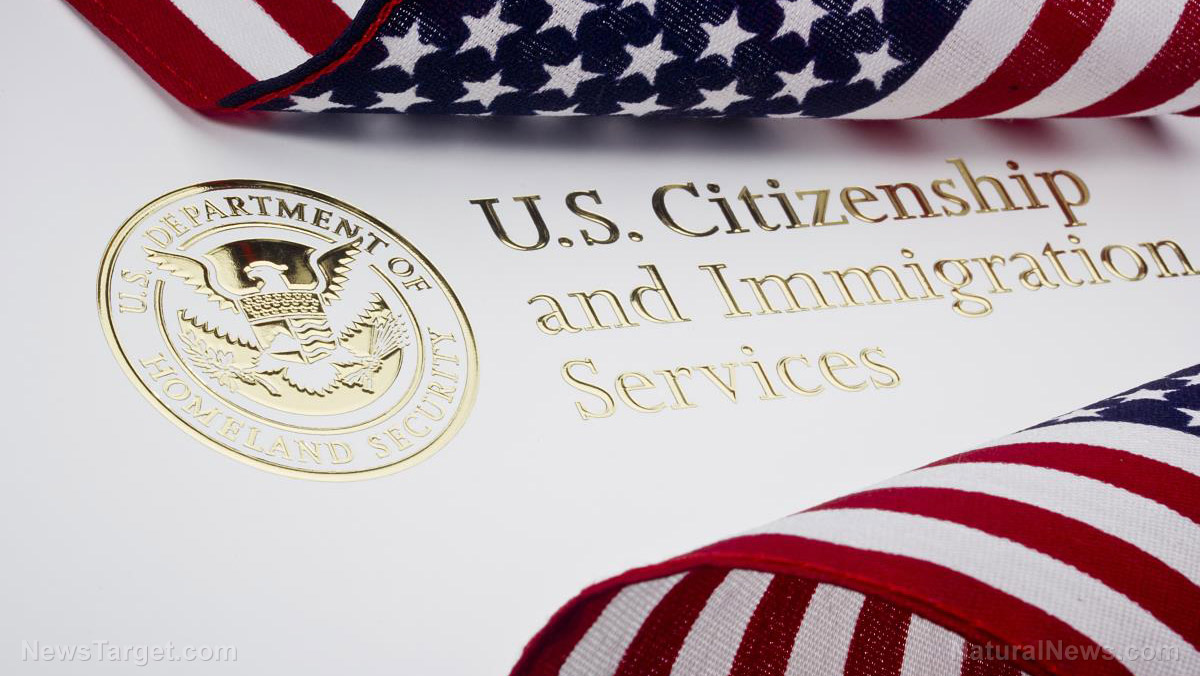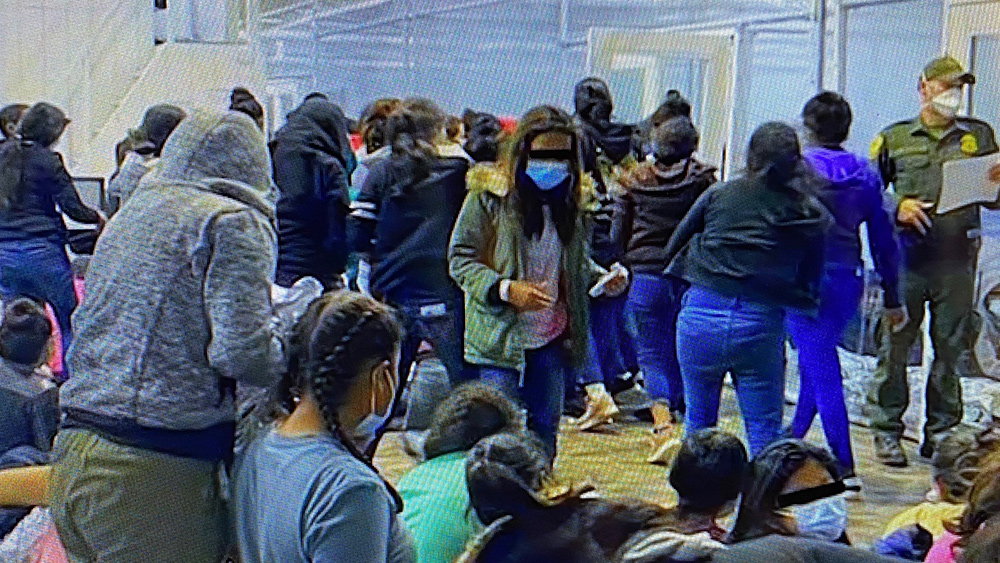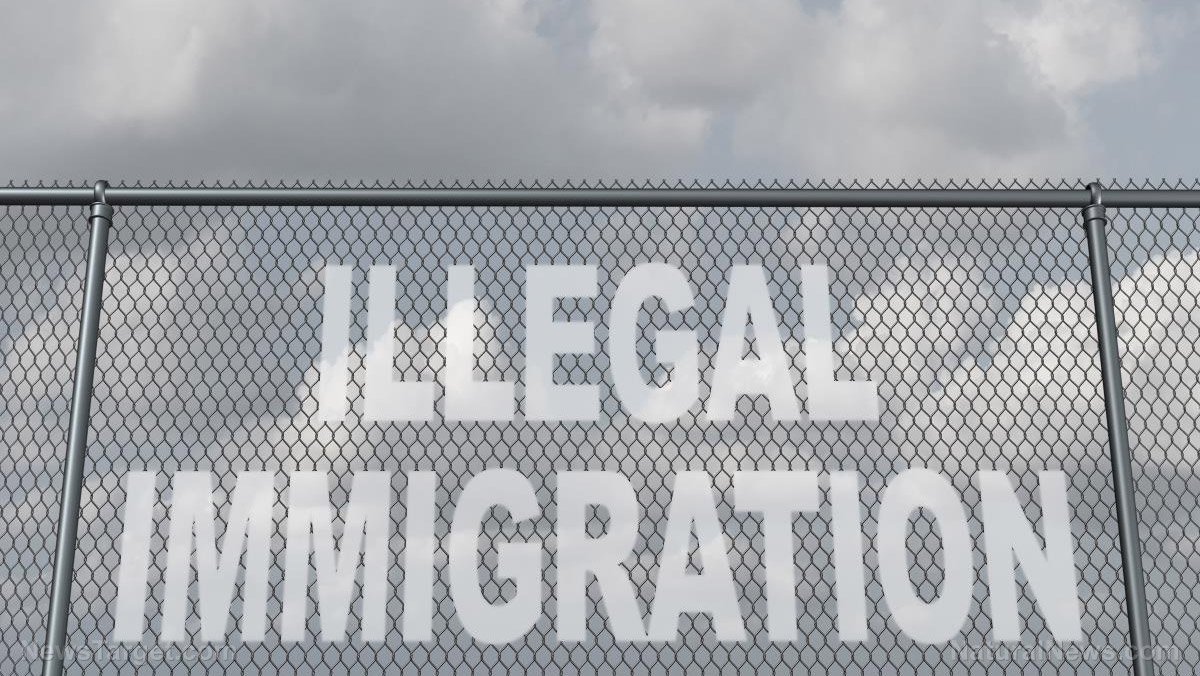Congress abandons Ukraine aid in temporary funding bill to avert government shutdown
10/02/2023 / By Arsenio Toledo

President Joe Biden signed a temporary funding bill late Saturday, Sept. 30, to keep the government open after Congress rushed to approve a bipartisan deal.
The package drops Ukraine aid, a White House priority opposed by a growing number of GOP lawmakers. But it meets Biden’s request of increasing federal disaster assistance by $16 billion.
The bipartisan deal, which funds the government until Nov. 17, comes after House Speaker Kevin McCarthy failed to unite the disparate factions within the Republican Party, leaving him short of being able to pass a short-term funding bill to keep the government open until Oct. 31.
McCarthy called a procedural vote to start debate on his last-ditch stopgap spending plan earlier in the day on Friday, Sept. 29, which advanced by 218 votes in favor to 210 against.
However, 21 Republicans sided with the Democrats following the debate, voting against the final passage of the bill in a brutal defeat for McCarthy’s leadership. The final vote was 198 for and 232 against.
Before the final vote, McCarthy attempted a last-ditch appeal to Republican hardliners, making the case for the bill by playing up the border security provisions being added that can help stem the massive flow of illegal immigrants through the southern border. (Related: House Speaker McCarthy warns of GOVERNMENT SHUTDOWN if Biden doesn’t agree to protect the border.)
“Every member will have to go on record on where they stand,” said McCarthy. “Are they willing to secure the border or do they side with President Biden on an open border and vote against a measure to keep the government open?”
The proposal included spending cuts to welfare programs and other areas across the government while maintaining spending levels for the U.S. Armed Forces and the Department of Veterans Affairs.
But Rep. Matt Gaetz of Florida, who has led the charge for the House GOP to oppose McCarthy’s spending bill, criticized the short-term measure as one that actually “weakens the Republican position on strong border policies.”
Government shutdown to affect 3.5 million federal workers
In case of a government shutdown, more than 3.5 million federal workers – two million members of the military and 1.5 million federal civilian employees – will go without pay.
Over half of the civilian employees will be furloughed. The rest will be forced to show up to work without pay. Many federal employees who experienced a government shutdown are bracing to go for up to a month without pay.
John Hubert, 42, an airport security officer in Fort Lauderdale, Florida for the Transportation Security Administration (TSA), recalls organizing his fellow TSA workers to get essentials from food banks when they worked without pay in 2018.
Hubert, like many other civilian federal workers, still remembers the last shutdown and is now bracing for another potential extended government closure. Now that the House Republicans were unable to come together to pass a stopgap measure, Hubert now feels another extended period of work without pay is an inevitability.
“We’re continuously put on the chopping block every year. It’s ridiculous,” said Hubert, who has worked for the TSA for 21 years. “We should not be put in this position every single year, then used as a bargaining chip to get legislation passed.”
“Just like other Americans, we’ve still got to pay our bills, regardless of what’s going on with Congress,” Hubert added. “Officers with children, single parents are going to be dramatically affected if a shutdown continues over a long period of time.”
The last shutdown lasted 35 days from Dec. 21, 2018, to Jan. 25, 2019.
Learn the latest news coming out of the federal government at BigGovernment.news.
Watch this episode of “NTD News” on NTD as news anchor Tiffany Meier discusses the government shutdown on Sunday, Oct. 1.
This video is from the Pool Pharmacy channel on Brighteon.com.
More related stories:
Public NUMBS as government DEBT BOMB explodes to $33T, annual budget DEFICIT approaches $2T.
Massive government spending is keeping inflation high, warns market expert.
Sources include:
Submit a correction >>
Tagged Under:
big government, Bubble, chaos, Collapse, Congress, debt collapse, Federal Workers, finance riot, government debt, government shutdown, government spending, House of Representatives, House Republicans, Kevin McCarthy, money supply, Republicans, risk
This article may contain statements that reflect the opinion of the author
RECENT NEWS & ARTICLES
COPYRIGHT © 2017 NATIONAL DEBT NEWS



















